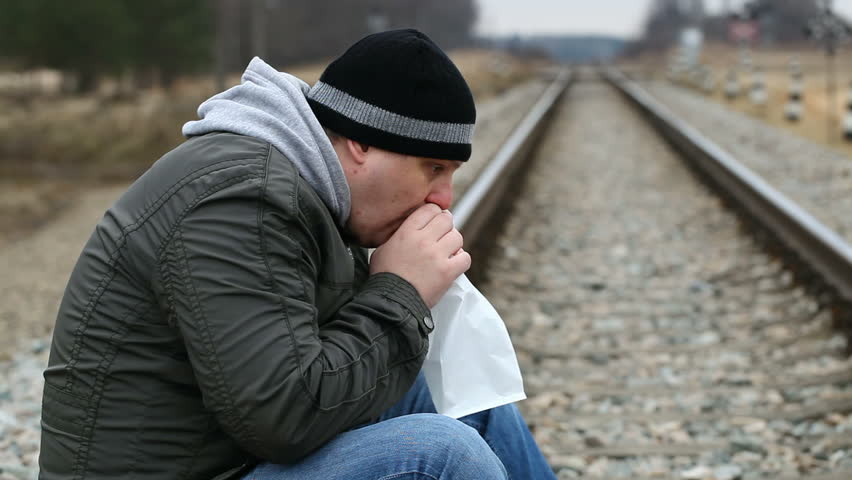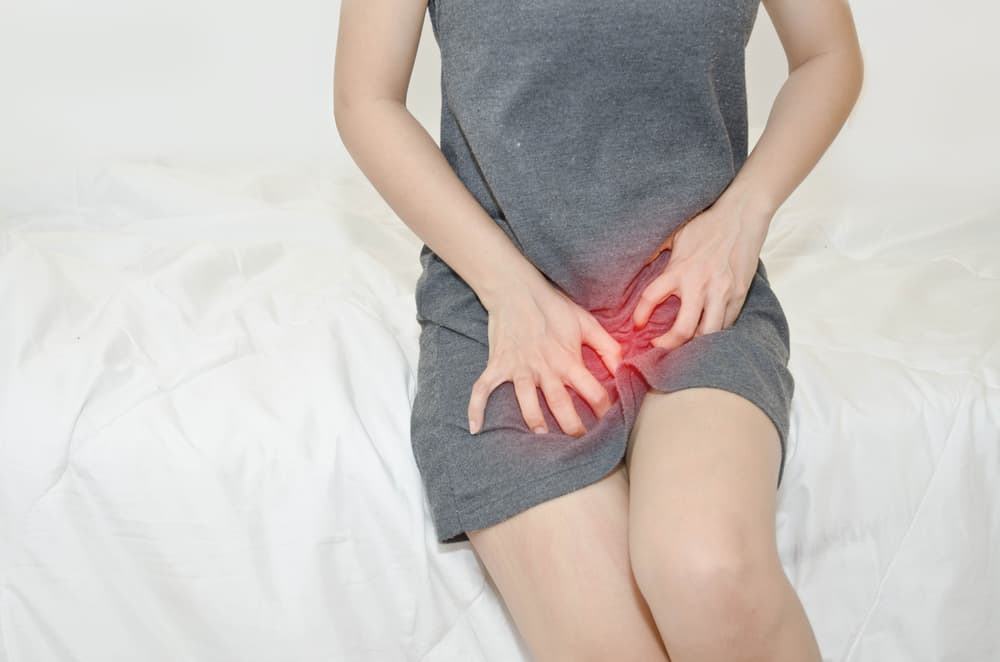Contents:
- Medical Video: Hyperventilation Explained Medical Course
- What is hyperventilation?
- What are the causes of excessive breathing?
- What symptoms will appear when hyperventilating?
- How do you deal with hyperventilation?
- 1. Home remedies
- 2. Reducing stress
- 3. Acupuncture
- 4. Medicine
- How do you prevent hyperventilation?
Medical Video: Hyperventilation Explained Medical Course
You may have experienced it. When you are attacked by panic, you suddenly breathe faster and deeper. The air that enters your lungs feels like more than usual, and you can't stop it. This is what is called hyperventilation or excessive breathing. Is this dangerous?
What is hyperventilation?
Healthy breathing is usually a balance between breathing oxygen and carbon dioxide. Hyperventilation is a condition when you may release more carbon dioxide than inhale it. Carbon dioxide in the body decreases. This low level triggers the narrowing of blood vessels that supply blood to the brain. When that happens, you will feel 'floating' and tingling on the finger. Even cases of severe hyperventilation can cause loss of consciousness, aka fainting.
READ ALSO: Steps to Overcome Panic Attacks
What are the causes of excessive breathing?
Excessive breathing, or hyperventilation is arguably a form of panic attack. Although this case is rare, anyone can experience it. Hyperventilation is usually triggered by panic that arises from fear, stress, or phobia. For some people, this condition is a response to their emotional expression. If it appears frequently, you may have hyperventilating syndrome. Other causes can be:
- Bleeding
- The use of stimulant drugs, this drug can increase heart rate
- Severe pain
- Pregnancy
- Infection of the lungs
- Heart disease, like a heart attack
- Diabetic ketoacidosis (a complication of high blood sugar in type 1 diabetics)
READ ALSO: Beware, Stress Impacts Fatal In Diabetics
In addition, hyperventilation can also be caused by asthma or conditions after a head injury. You can also experience excessive breathing, when you go to a place that is more than 6000 feet high.
What symptoms will appear when hyperventilating?
The symptoms of hyperventilation are likely to last for 20 to 30 minutes. These symptoms are:
- Feeling anxious, nervous, and depressed
- Often sighed and yawned
- You feel stuffy, need extra air
- Sometimes to get air, you need to sit
- Heartbeat beat
- Experiencing balance-related problems such as vertigo, and conditions that seem to 'float'
- Numbness, or tingling around the mouth
- The chest feels tight, such as feeling full, and painful
READ ALSO: Helping People Experiencing Panic Attack (Panic Attack)
You may not realize that you have hyperventilation, because the appearance of symptoms is not too often and commonly felt. Here are some symptoms:
- Headache
- Bloated
- Sweating
- Changes in vision, like blur
- The limbs twitch
- Difficulty remembering
- Lost consciousness
How do you deal with hyperventilation?
All you need to remember is that hyperventilation is a condition, not a disease. However, if the symptoms come repeatedly, you should see a doctor, because it could be a sign of hyperventilation syndrome. Treatment will be adjusted to the cause, for example when you experience excessive breathing due to stress, then what must be treated is stress. The doctor will also see first whether the symptoms are moderate or severe. Likewise with the time of appearance, whether it has disrupted your daily activities, or can still be tolerated.
Here are some recommended treatments:
1. Home remedies
Fortunately, you can try the following techniques at home to deal with acute hyperventilation, such as:
- Try breathing while pursing your lips
- Breathe into a paper bag, or breathe with your hands cupping your nose
- Try abdominal breathing, not chest breathing. Abdominal breathing is often used when practicing singing, so you can have long breaths
- You can also try the exercise holding your breath for a few seconds
2. Reducing stress
As explained above, if anxiety or stress is the trigger, you may also need the help of a psychologist. They will understand the underlying anxiety and stress, so that it can cure the root of the problem. As a first step, you can try meditation.
3. Acupuncture
Wow, who would have thought this traditional treatment was considered effective for overcoming hyperventilation syndrome? A study at NCBI concluded that acupuncture has benefits to reduce the hyperventilation and anxiety syndrome.
4. Medicine
The doctor will prescribe medication, depending on the severity. The following medications may be prescribed:
- alprazolam (Xanax)
- doxepin (Silenor)
- paroxetine (Paxil)
How do you prevent hyperventilation?
An easy way to prevent excessive breathing is to practice breathing and relaxation techniques, these exercises can be in the form of meditation. Regular exercise - such as running, cycling - can also prevent you from having short breaths
It's hard indeed, to stay calm in certain circumstances that are urgent and panic, but you must remind yourself every symptom of hyperventilation appears. Over time, your brain will automatically send calm signals whenever there is a state of urgency.












